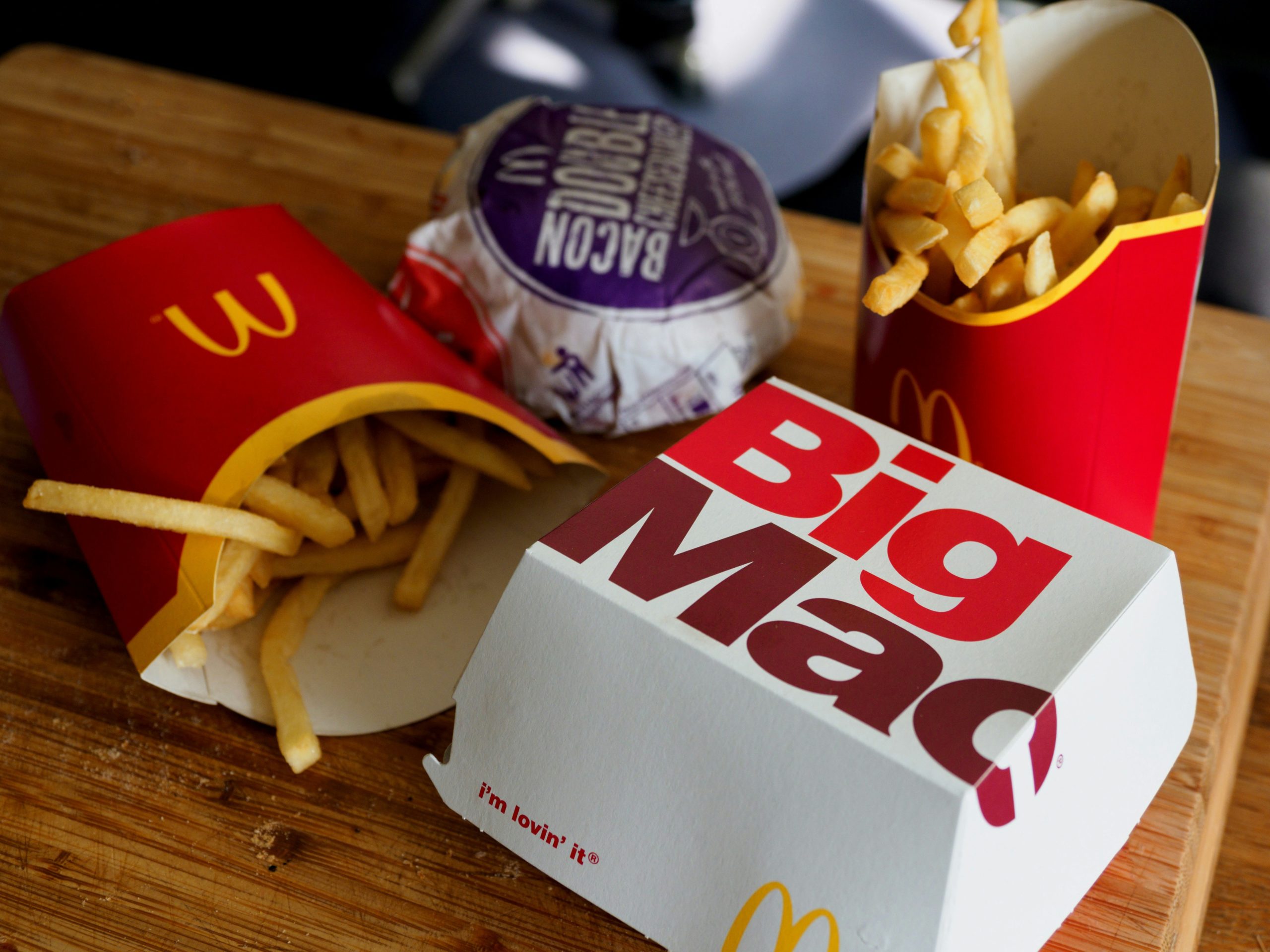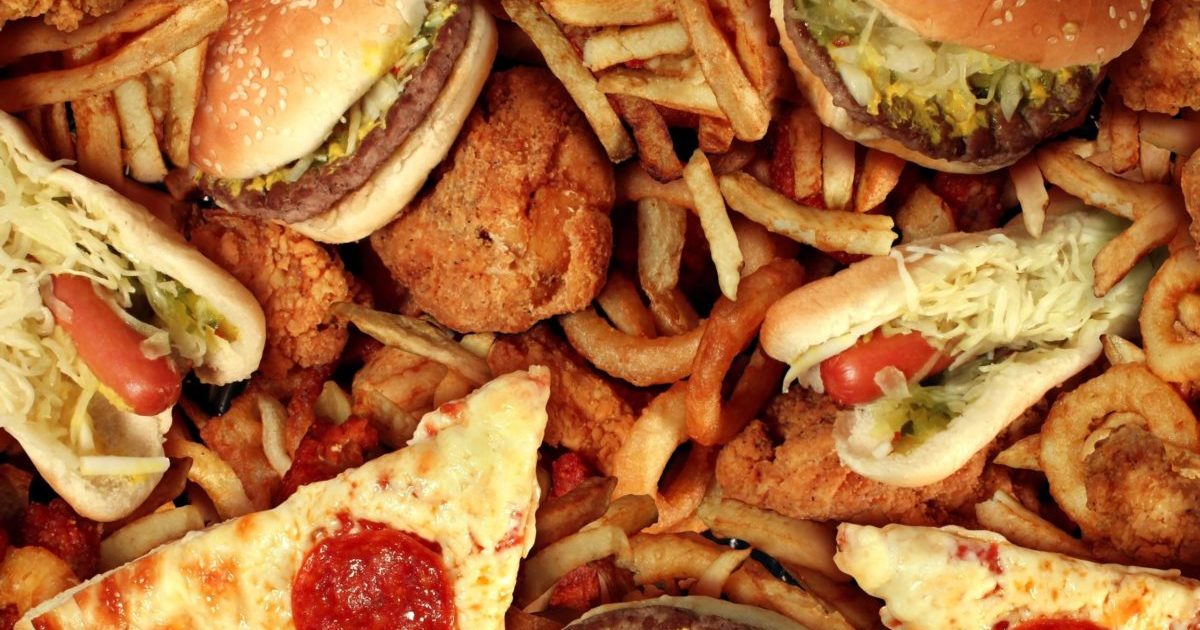I think vets can be a little hypocritical when it comes to recommending a balanced diet for our patients, particularly as we – along with other medical professionals – tend to be a little lacking when it comes to our own diets.
There are two main issues in the veterinary community when it comes to eating on the job:
- consuming fast food or cheap, nutritionally inadequate options
- consuming nothing at all
I have seen a fair few vets survive a 12-hour shift on nothing but coffee and willpower – not exactly the brain fuel needed to be performing exploratory surgeries or diagnosing medical mysteries.
Habit forming
It’s easily done, and sometimes admittedly unavoidable (you’re hardly going to stop mid spay to heat up your leftover spag-bol) but a one-off bad day can easily begin to form a habit that can affect us in ways we’re not even aware of.
At university we got taught that the majority of human errors made in medicine could be summarised by the acronym HALT:
- Hungry
- Angry
- Lonely
- Tired
Emotional marathon
In my mind, hunger is one of the biggest threats, because it can have the knock-on effect of making you more irritable, more tired and run down – and we know it has negative effects on hormonal levels, which may contribute towards a worsened mental health.
Our industry is taxing from all angles – physical, mental and emotional – and it’s not uncommon to be on your feet for the entire day, especially if you’re on the surgery shift and chatting to a new client every 15 minutes.
Trying to be polite, approachable, cheerful or solemn in the right doses is the equivalent of an emotional marathon. So, is it any wonder that, during the day or when they get home, vets just want an instant hit of endorphins and/or calories?

Change is possible
Pot noodles, crisps and chocolate bars are reached for, not just because they taste amazing, but because they’re convenient.
As a recent graduate I definitely understand the pull of a takeaway or ready meal after a long string of shifts. After a taxing PTS, or being shouted at by a client, the last thing you want to do is start dicing up vegetables and then having to clean up afterwards as an added chore.
Although I still occasionally fall foul of choosing convenience over the healthy alternative (in part because life is no fun without a little trans-fat now and again) I’ve learned that, with a little planning and time management, there is a way to make healthy eating manageable with a veterinary lifestyle.
Eat better, feel better
It certainly helps if you have a partner or roommates to share the load with you, but, ultimately, it all comes down to a decision to try and eat better, fuelled by the reluctant acknowledgement that you do actually feel a lot better the morning after your meal of various diced vegetables than a Maccies or a gallon of ice cream.
It’s undeniable that nutrition has the power to affect every aspect of our health and well-being. So, in order to perform at our best, and thereby do the best for our patients, perhaps we should be treating the lunchbox as one of the most useful tools at our disposal.

Leave a Reply